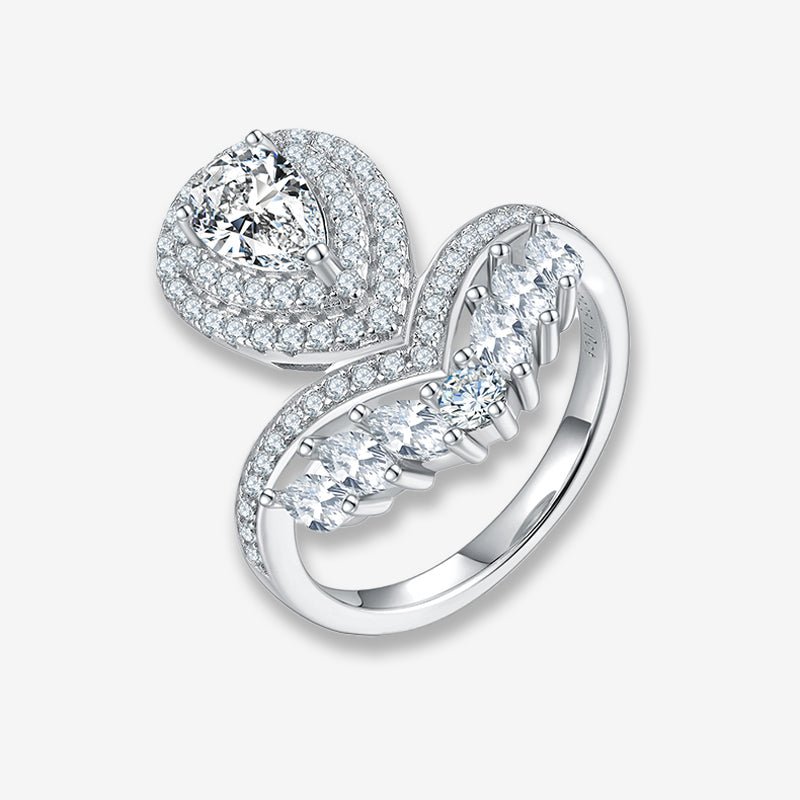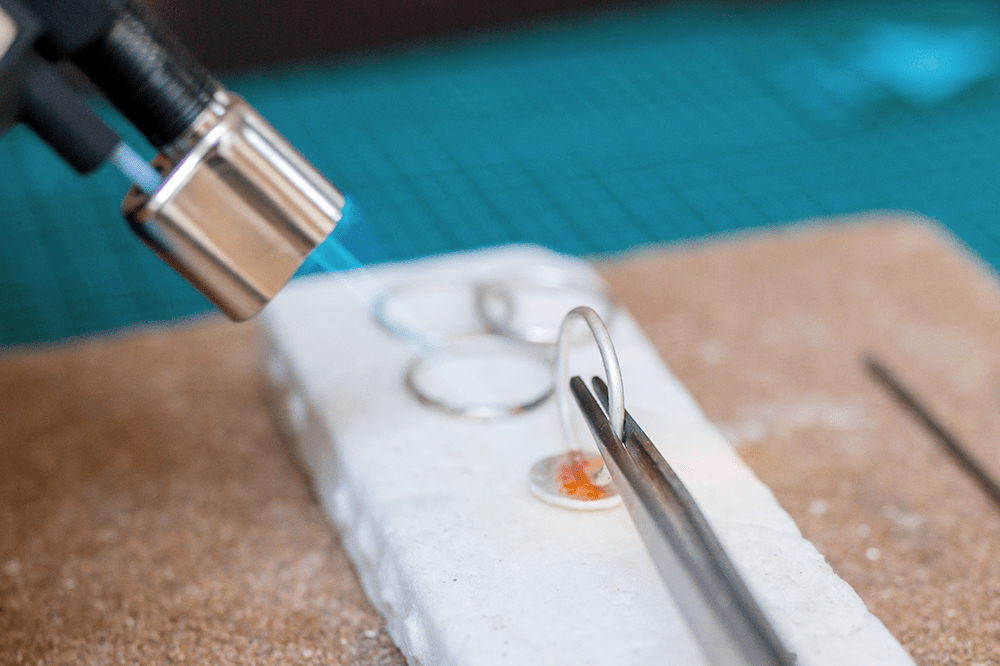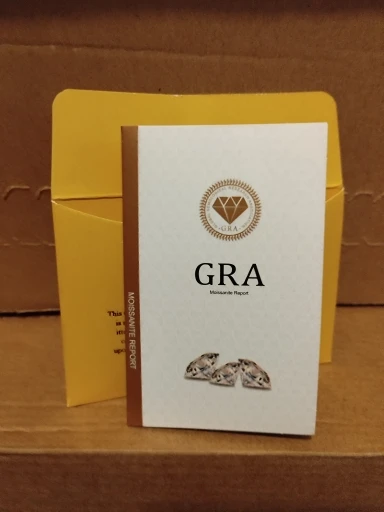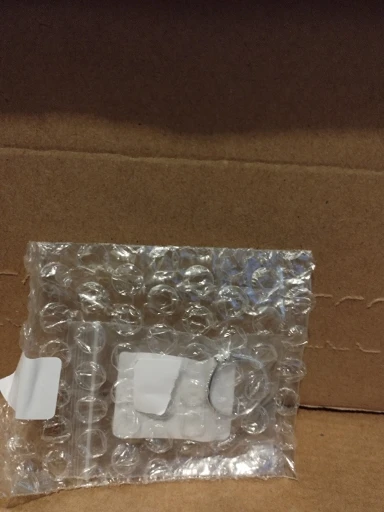Jewelry Care: The Real Truth About Maintenance
When a jeweler claims their pieces are completely “care-free,” they’re likely just rushing to close the sale. The reality? Any beautiful piece of jewelry—whether it's wrapped around your finger, wrist, or neck—deserves proper care to stay radiant for years to come.
With a little attention and routine upkeep, your jewelry will not only last longer but maintain its original sparkle. That’s why we strongly recommend regular cleaning and gentle polishing.
Remember: Noble metals, while precious, are often softer than many materials they encounter during everyday wear. This means they can scratch, dent, or lose their shine over time. Even gemstones may dull due to exposure to elements like sunlight, air, or cosmetics.
Caring for Silver Jewelry
Silver can develop a blackened appearance over time. This is caused by hydrogen sulfide—a naturally occurring substance in the air and other materials—which reacts with the silver and forms a thin dark layer.
Other contributing factors include:
- Skin pH levels
- Lack of wear
- Contact with certain cosmetics or chemicals
Tips to minimize tarnishing:
- Remove silver jewely during workouts, swimming, and cleaning.
- Avoid wearing jewelry immediately after applying perfume, lotion, or hairspray.
- Store silver in a sealed jewelry box to reduce exposure to air.
- Keep out of prolonged direct sunlight.
If your silver turns dark, polish it using a soft cloth and silver polish. If that doesn’t restore the shine, don’t worry—reach out to us for professional help.
Fun Fact: Tarnishing is actually a sign of genuine silver! Other noble metals oxidize differently—or not at all—making this blackening unique to real silver, including .925 sterling silver.
Caring for Gold Jewelry
Gold isn’t immune to wear and tear. Rings, in particular, take the brunt due to frequent contact with hard surfaces—like tapping your ring to a steering wheel.
To keep your gold gleaming:
Avoid wearing it while doing manual labor, swimming, or sleeping.
Store it safely in a jewelry box when not in use.
Clean dulled pieces using a soft brush or cloth with lukewarm water and mild green soap.
Note: Higher karat gold (softer) is more prone to damage. Lower karat gold (harder) is more resilient. Understanding your gold's composition can help you care for it better.
Platinum Jewelry Maintenance
Platinum is one of the hardest noble metals, making it resistant to scratches and ideal for everyday wear. It requires less maintenance than silver or gold and retains its shine longer.
That said, even platinum may dull over time:
Wipe with a soft cloth to remove dirt and grease.
For a full restore, bring it to a professional jeweler.
Because of its durability and luxurious appeal, platinum is a favorite for wedding and engagement rings.
Gemstones & Sunlight Sensitivity
Certain gemstones—like amethyst, aquamarine, and smoky quartz—can fade or change color under prolonged sunlight. Be mindful when picking jewelry for sunny vacations!
Also, avoid exposing gemstones to:
- Perfumes
- Soaps
- Cleaning chemicals
These can dull the stones or affect their integrity.
Pearl Care Tips
Pearls are delicate and can lose their luster from:
- Contact with cosmetics
- Friction against clothing or hard surfaces
Always store pearls separately and clean them gently after wear.
Diamond Jewelry Care
Diamonds may be the hardest gemstone, but even they need care:
- Clean monthly with lukewarm water and green soap.
- Use a soft-bristled brush to clean around the setting.
- Rinse thoroughly and dry with a lint-free cloth.
Despite their hardness, diamond facets can still chip or dull if dragged against rough surfaces. Handle with care to maintain their brilliant sparkle.
























